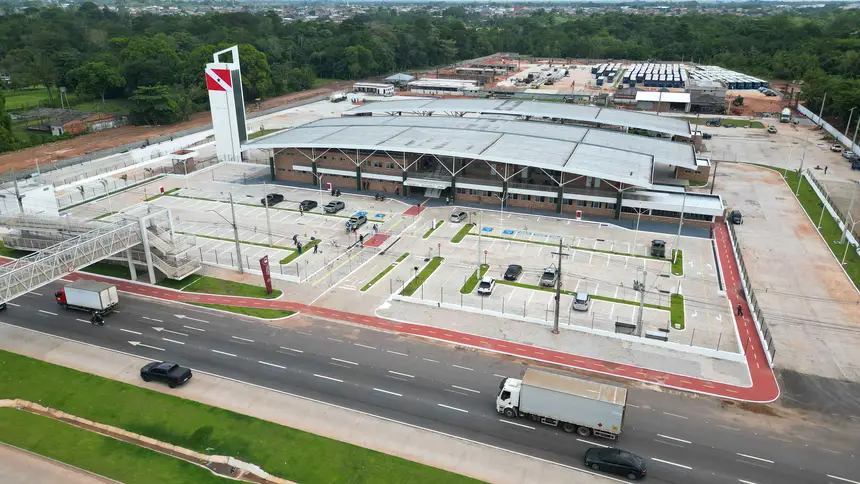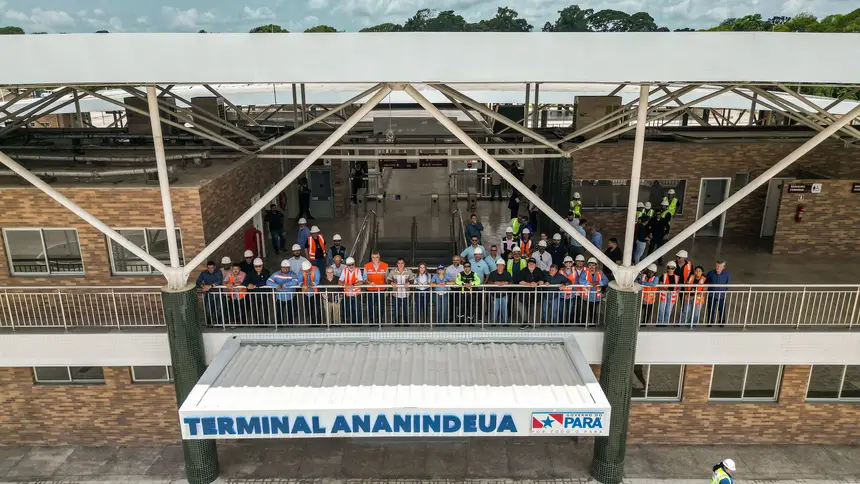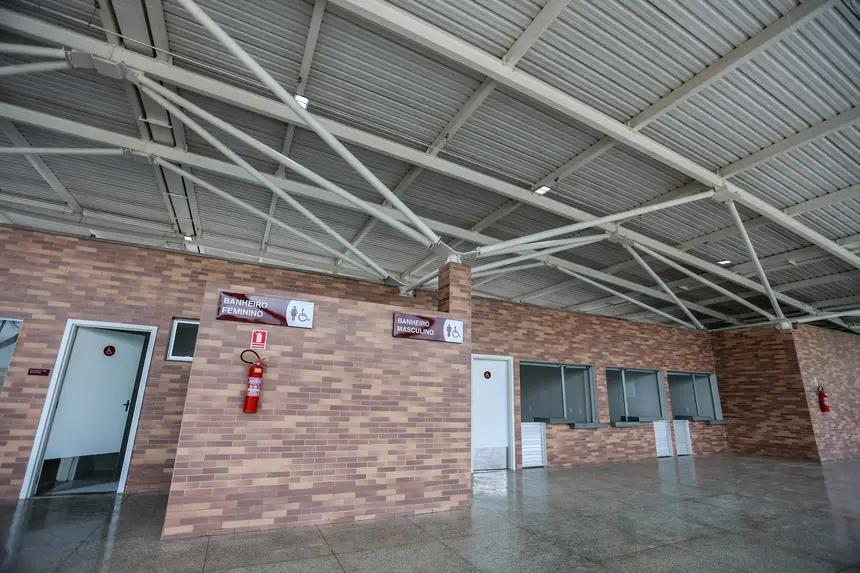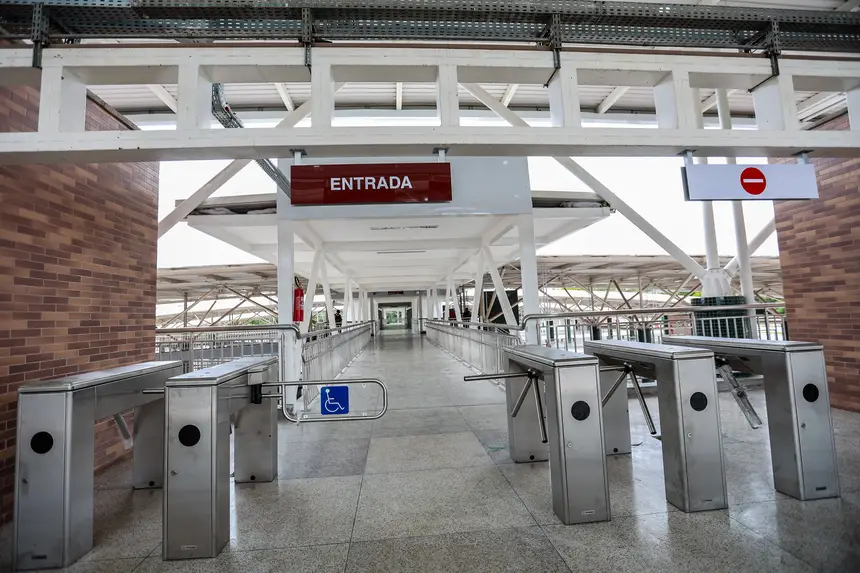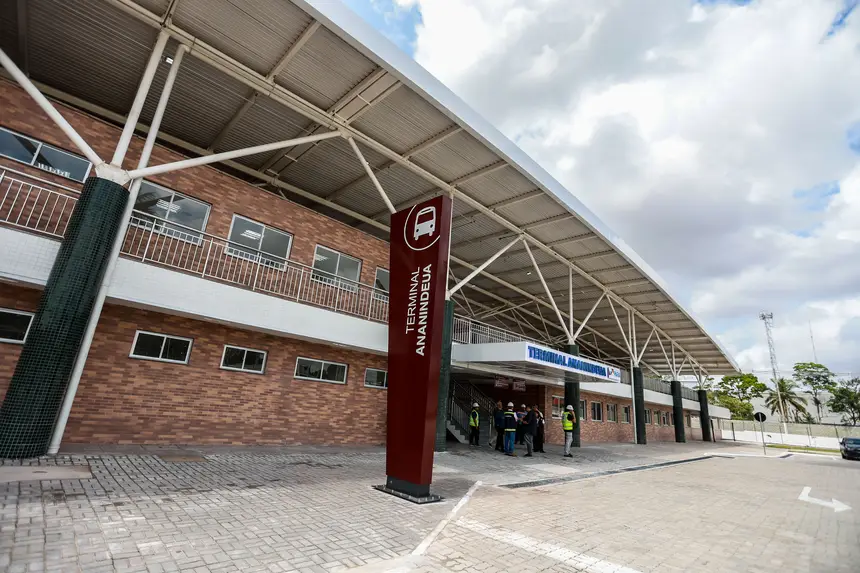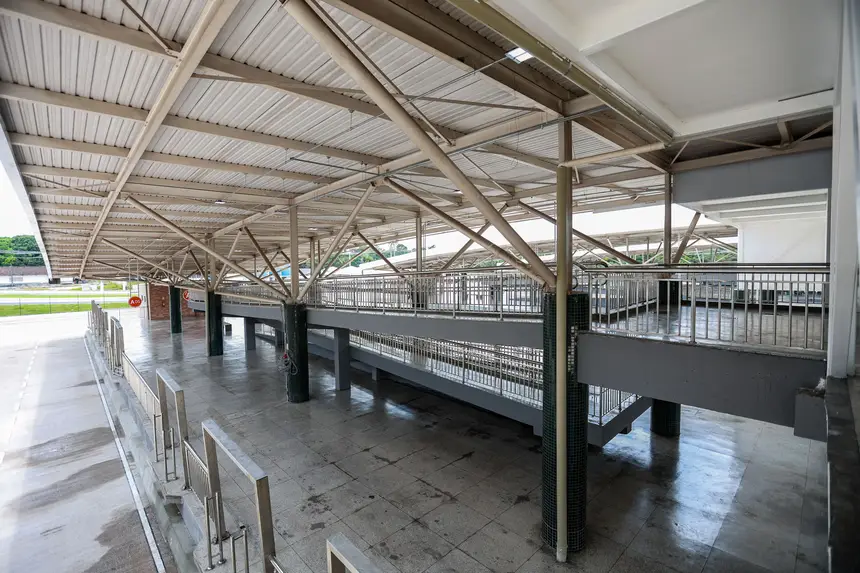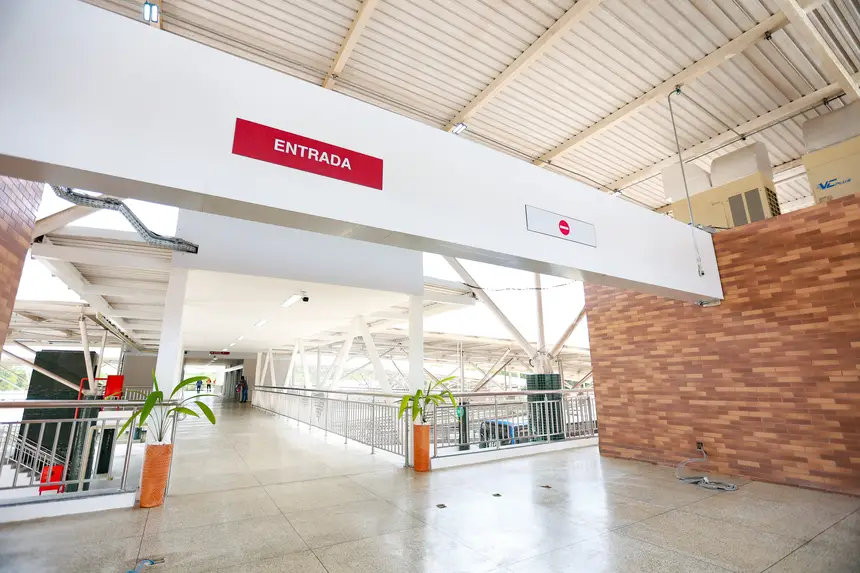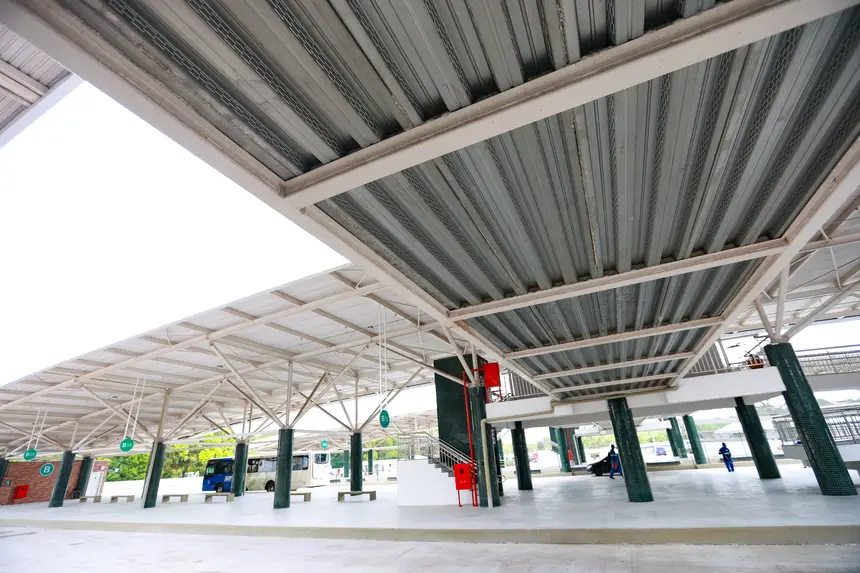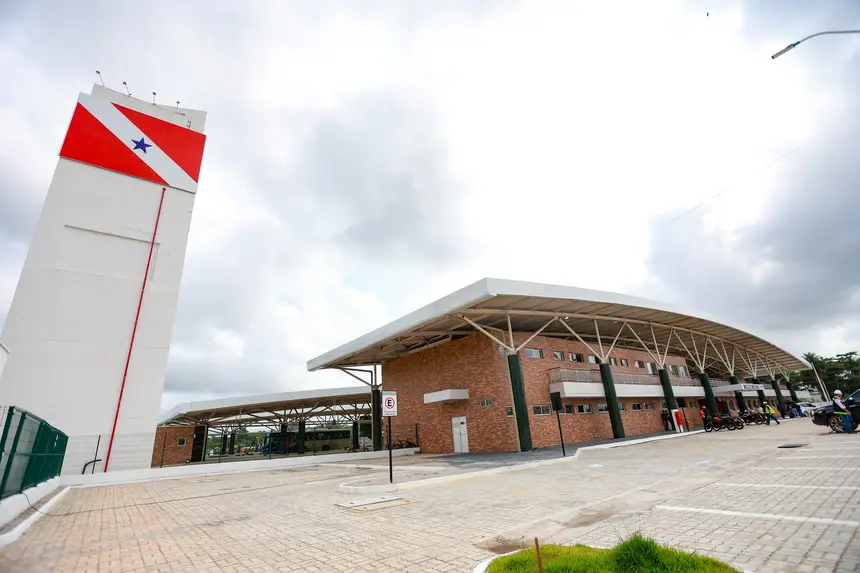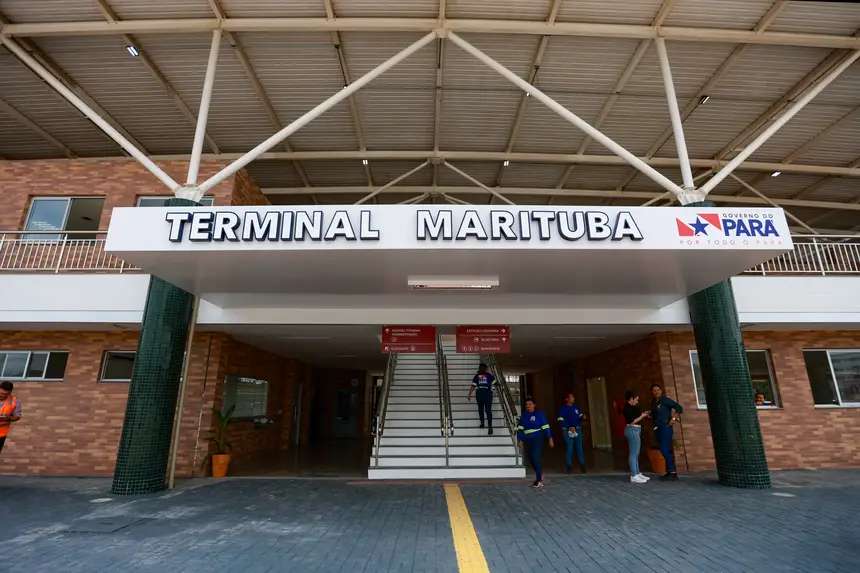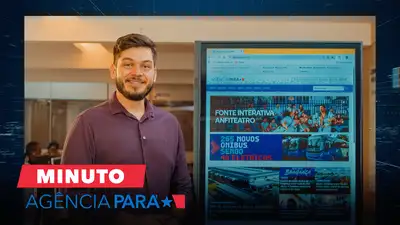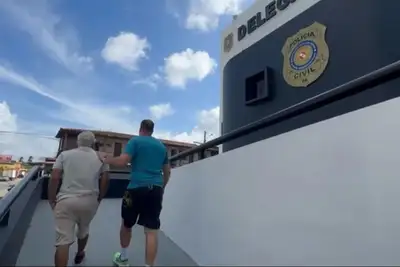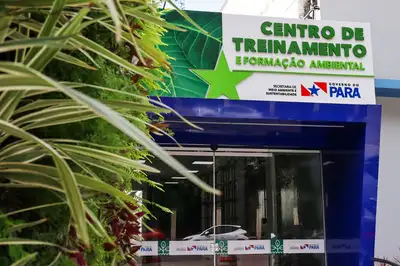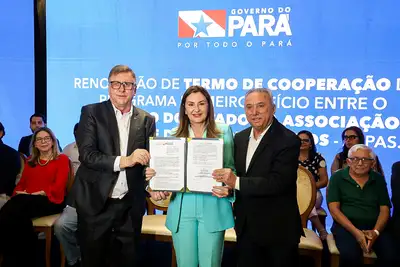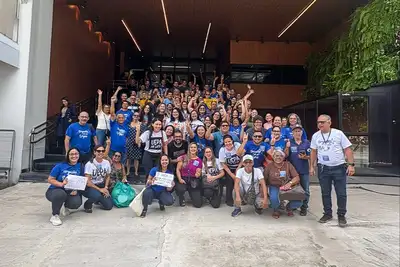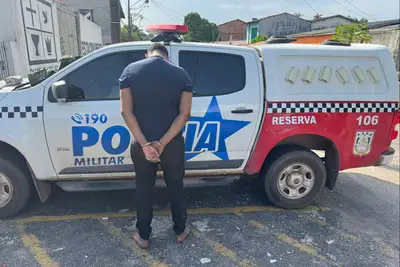Metropolitan BRT: assisted operation will begin in October
Governor Helder Barbalho inspected the construction of the integration terminals. After the Círio de Nazaré, the system is expected to be fully operational
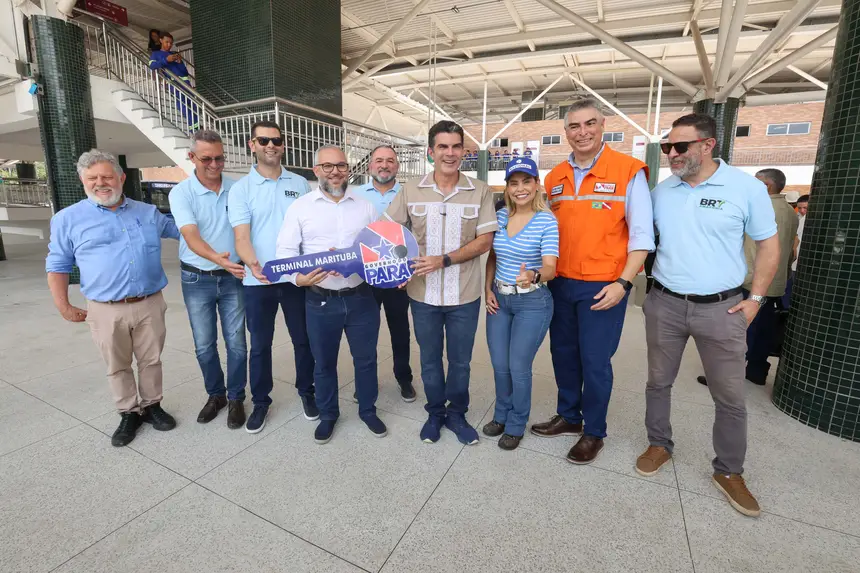
The Government of Pará will begin the assisted operation of the Metropolitan BRT in October. The announcement was made by the State Governor, Helder Barbalho, this Friday (5), during an inspection of the construction works of the terminals in Ananindeua and Marituba. The new system will benefit users of public transport in Belém, Ananindeua, Marituba, Benevides, Santa Bárbara do Pará, and Santa Izabel do Pará. All in the Metropolitan Region.
There will be 265 new buses, including 40 electric ones, equipped with air conditioning and wifi, which will be used to transport approximately 3.5 million people per month. These vehicles will operate the express line between Marituba and São Brás, in addition to the feeder lines, responsible for transporting residents from neighborhoods to the integration terminals of the Metropolitan BRT.
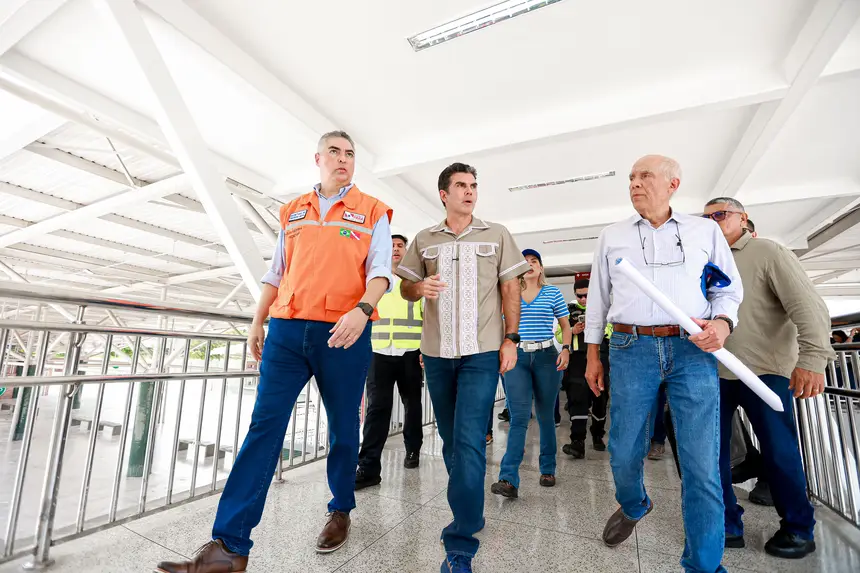
The governor explained that the operator will undergo a period of assisted operation before fully taking over the service. "During the assisted operation, we will be informing all the lines, informing the entire strategy of the integration system so that people can understand that this solution is the best solution to ensure the movement of people who need public transport in the Metropolitan Region of Belém," he added.
The head of the state executive indicated that the service should operate in its entirety after the Círio de Nazaré. "The strategy that the government is putting together - and will be announcing at the appropriate time - is that this assisted operation will take place in the first week of October so that we can, on the Monday after the Círio, have 100% of the BRT operation functioning," projected Helder.
Once operational, the Metropolitan BRT will allow users of the system to use more than one bus for their journey by paying a single fare.
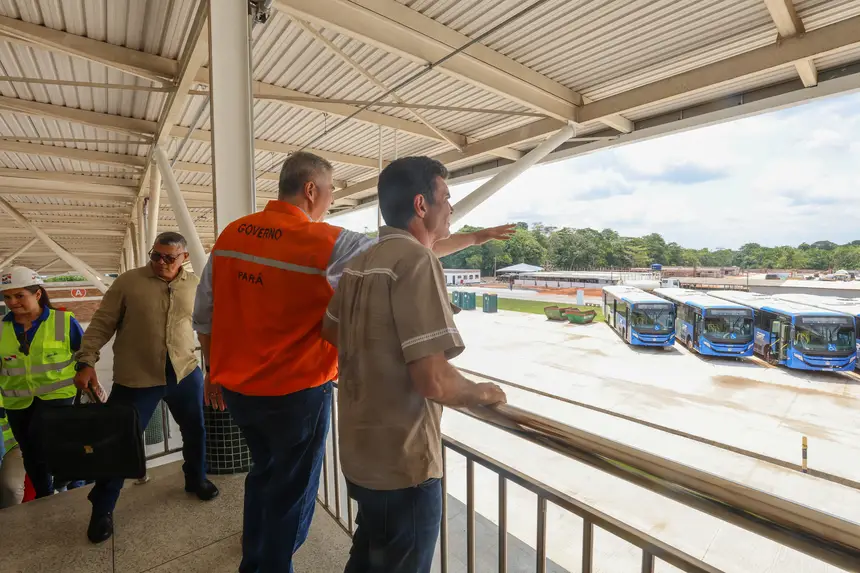
"Today, a young person from the municipality of Santa Izabel do Pará, who studies at the Federal University of Pará, pays R$ 20 to get from home to UFPA and R$ 20 to return. Therefore, this generates a daily cost of about R$ 40 per day. With this solution (Metropolitan BRT) that we are implementing, this young person will spend R$ 4.60 to go and R$ 4.60 to return," exemplified Governor Helder Barbalho.
Progress - The works of the Metropolitan BRT are 90% completed. It is one of the main mobility projects executed by the Government of Pará. The work focuses on the construction of 13 stations and 13 walkways along the express lane, in the section between Entroncamento and Marituba.
The integration terminals in Ananindeua and Marituba are already in the final phase of construction. These facilities feature a unique structure where arriving and departing buses do not share the same space, ensuring greater safety and preventing accidents. No other BRT terminal in Brazil has this.
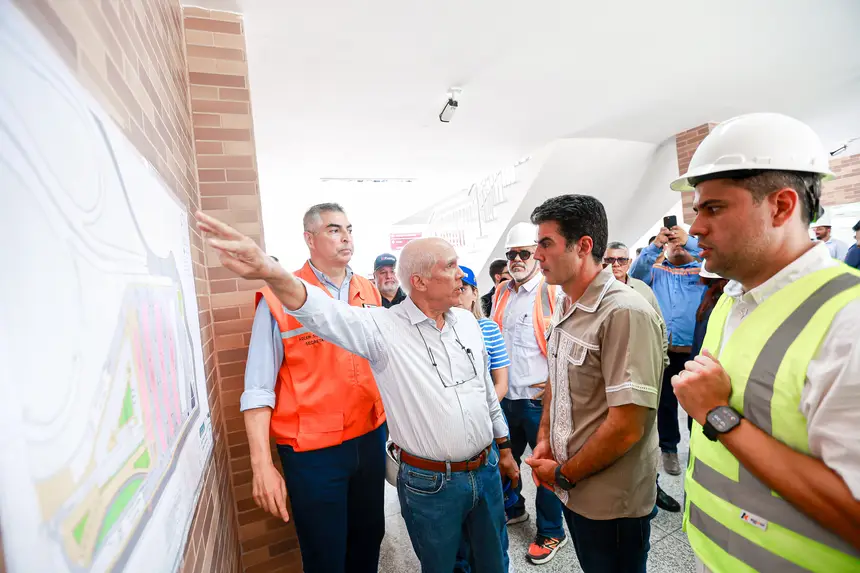
In each of the buildings, a Citizenship Station will operate, where residents can access services such as document issuance and legal guidance. There will also be clinics, shops, snack bars, and restrooms. The entire structure is accessible for people with disabilities.
New fleet - The 40 electric buses will be used exclusively on the express lanes of the BR between the Marituba terminal, the Ananindeua terminal, and the station in São Brás.
The 225 non-electric vehicles are of the Euro 6 model, which emit 15 times less carbon than current models. Part of the fleet will serve the neighborhoods of the Metropolitan Region to the integration terminals. Another part will operate express lines to Ver-o-Peso and also to the Federal University of Pará (UFPA).
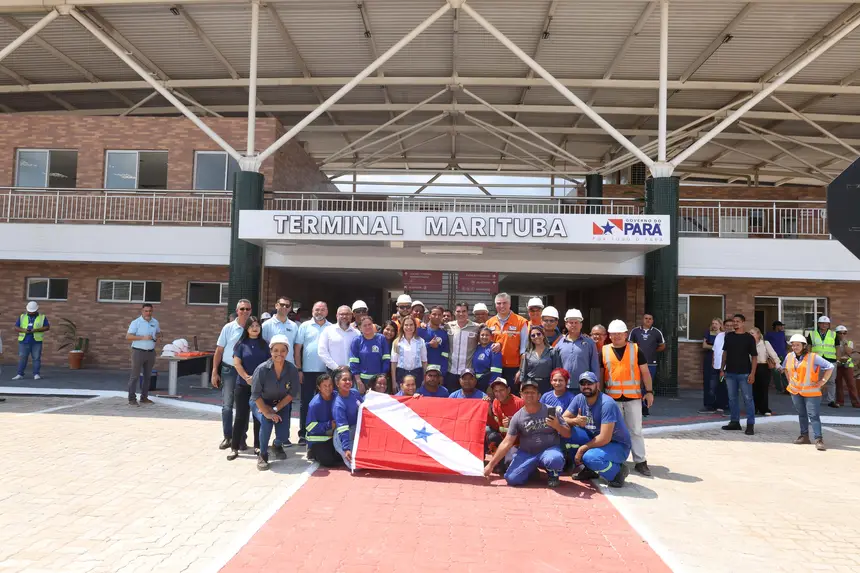
Part of the investment for the acquisition of the new fleet comes from the state treasury. Another part was financed by Caixa Econômica Federal, through the Pró-Transporte FGTS Program of the Ministry of Cities.


